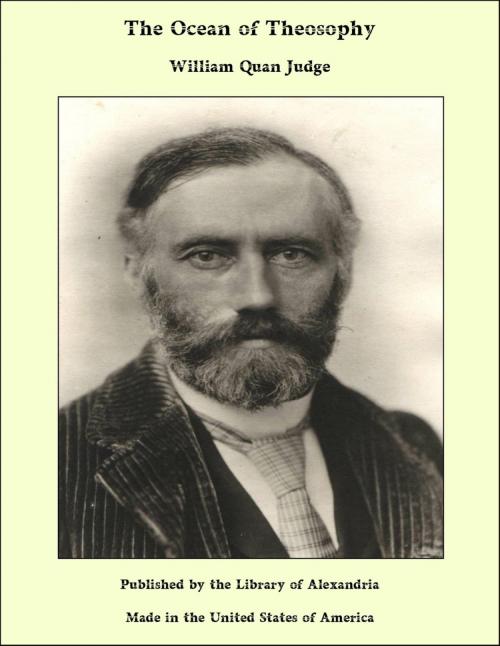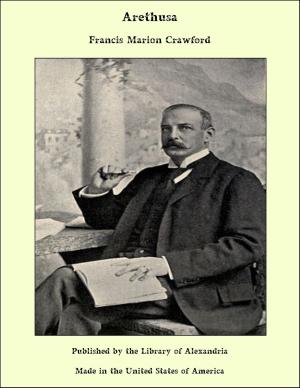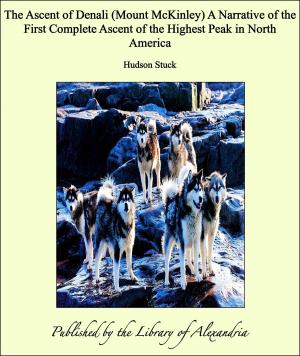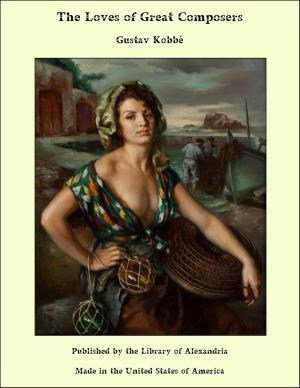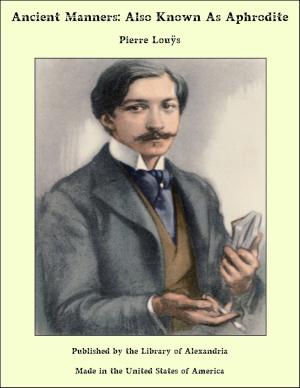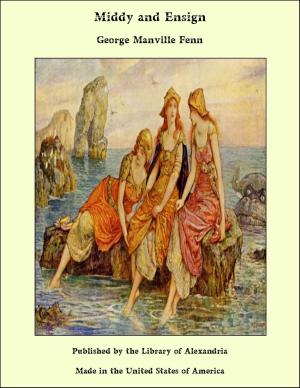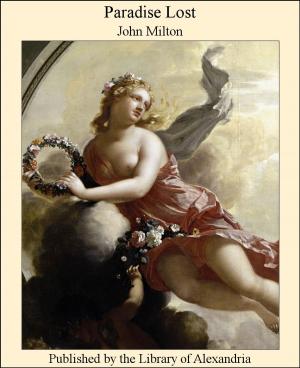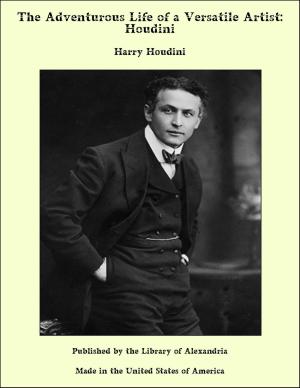| Author: | William Quan Judge | ISBN: | 9781465614117 |
| Publisher: | Library of Alexandria | Publication: | March 8, 2015 |
| Imprint: | Language: | English |
| Author: | William Quan Judge |
| ISBN: | 9781465614117 |
| Publisher: | Library of Alexandria |
| Publication: | March 8, 2015 |
| Imprint: | |
| Language: | English |
Theosophy is that ocean of knowledge which spreads from shore to shore of the evolution of sentient beings; unfathomable in its deepest parts, it gives the greatest minds their fullest scope, yet, shallow enough at its shores, it will not overwhelm the understanding of a child. It is wisdom about God for those who believe that he is all things and in all, and wisdom about nature for the man who accepts the statement found in the Christian Bible that God cannot be measured or discovered, and that darkness is around his pavilion. Although it contains by derivation the name God and thus may seem at first sight to embrace religion alone, it does not neglect science, for it is the science of sciences and therefore has been called the wisdom religion. For no science is complete which leaves out any department of nature, whether visible or invisible, and that religion which, depending solely on an assumed revelation, turns away from things and the laws which govern them is nothing but a delusion, a foe to progress, an obstacle in the way of man’s advancement toward happiness. Embracing both the scientific and the religious, Theosophy is a scientific religion and a religious science. It is not a belief or dogma formulated or invented by man, but is a knowledge of the laws which govern the evolution of the physical, astral, psychical, and intellectual constituents of nature and of man. The religion of the day is but a series of dogmas man-made and with no scientific foundation for promulgated ethics; while our science as yet ignores the unseen, and failing to admit the existence of a complete set of inner faculties of perception in man, it is cut off from the immense and real field of experience which lies within the visible and tangible worlds. But Theosophy knows that the whole is constituted of the visible and the invisible, and perceiving outer things and objects to be but transitory it grasps the facts of nature, both without and within. It is therefore complete in itself and sees no unsolvable mystery anywhere; it throws the word coincidence out of its vocabulary and hails the reign of law in everything and every circumstance.
Theosophy is that ocean of knowledge which spreads from shore to shore of the evolution of sentient beings; unfathomable in its deepest parts, it gives the greatest minds their fullest scope, yet, shallow enough at its shores, it will not overwhelm the understanding of a child. It is wisdom about God for those who believe that he is all things and in all, and wisdom about nature for the man who accepts the statement found in the Christian Bible that God cannot be measured or discovered, and that darkness is around his pavilion. Although it contains by derivation the name God and thus may seem at first sight to embrace religion alone, it does not neglect science, for it is the science of sciences and therefore has been called the wisdom religion. For no science is complete which leaves out any department of nature, whether visible or invisible, and that religion which, depending solely on an assumed revelation, turns away from things and the laws which govern them is nothing but a delusion, a foe to progress, an obstacle in the way of man’s advancement toward happiness. Embracing both the scientific and the religious, Theosophy is a scientific religion and a religious science. It is not a belief or dogma formulated or invented by man, but is a knowledge of the laws which govern the evolution of the physical, astral, psychical, and intellectual constituents of nature and of man. The religion of the day is but a series of dogmas man-made and with no scientific foundation for promulgated ethics; while our science as yet ignores the unseen, and failing to admit the existence of a complete set of inner faculties of perception in man, it is cut off from the immense and real field of experience which lies within the visible and tangible worlds. But Theosophy knows that the whole is constituted of the visible and the invisible, and perceiving outer things and objects to be but transitory it grasps the facts of nature, both without and within. It is therefore complete in itself and sees no unsolvable mystery anywhere; it throws the word coincidence out of its vocabulary and hails the reign of law in everything and every circumstance.
